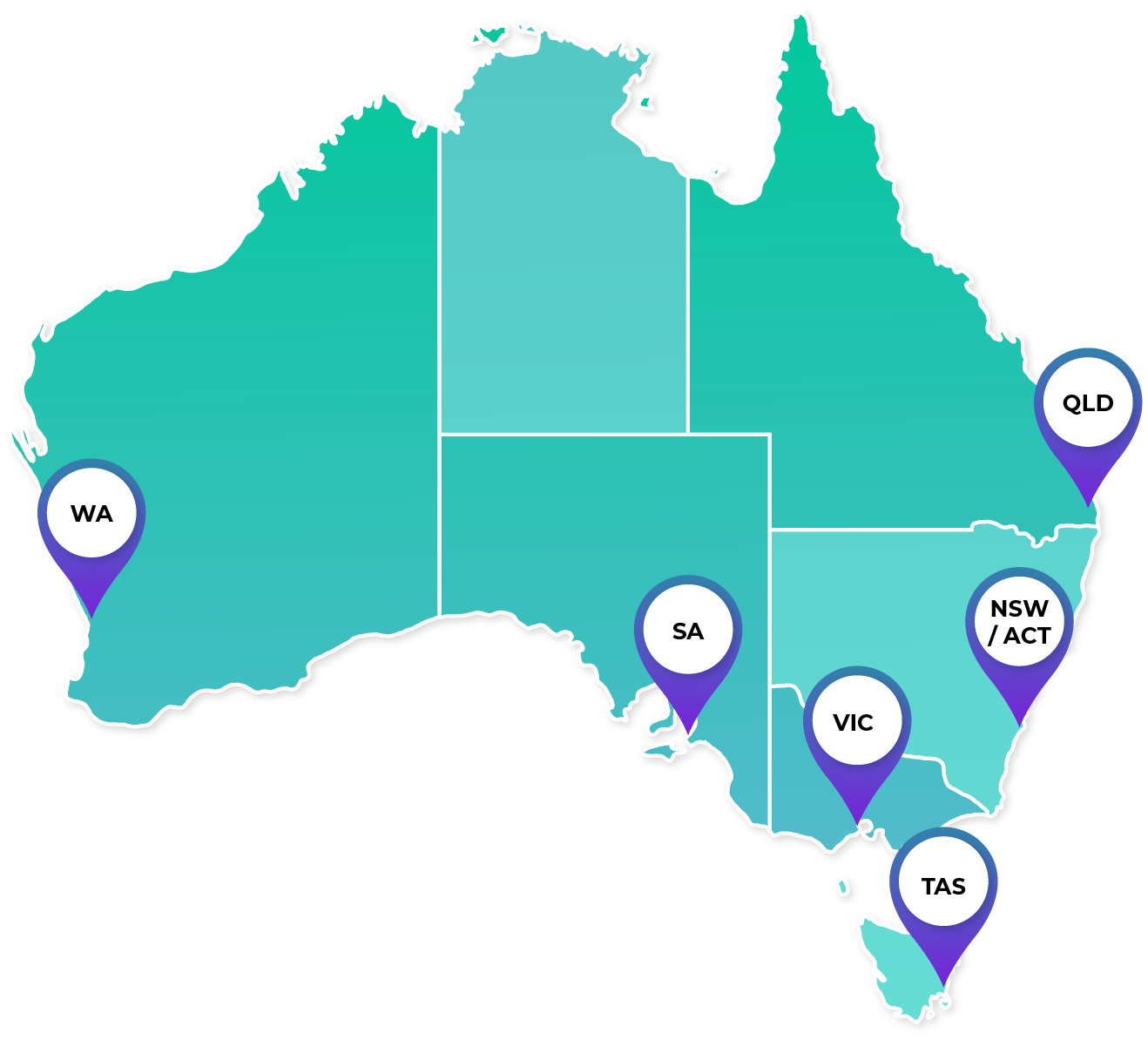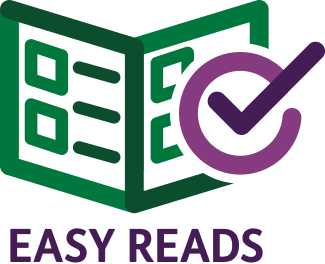Occupational Therapy
NDIS-Registered, Personalised Therapy Across Australia
Improve independence, achieve personal goals, and get support that’s tailored to you — wherever you are in Australia.

Why choose Bloom Healthcare?
Trusted, accessible, and personalised care across Australia.
Experienced Team
Qualified therapists who care about your progress.
Fast Access
Get support without long wait times.
Australia-Wide
We support clients in every major region.
Personalised Plans
Tailored goals and support just for you.
How Occupational Therapy with Bloom Works

We Listen to Your Needs
Our therapists learn what matters most to you.

We Build Your Plan
Together, we design a support plan that meets your goals.

We Support You
Hands-on guidance and regular check-ins to help you succeed.
Start the Conversation
Have questions or need support? Use the form below and we'll be in touch.
Our Occupational Therapy Services Include:

Assistive Technology Assessments
Home Modifications
Paediatric Therapy
Other services
Beds and Mattresses Prescription
Hoist and Sling Assessment Prescription
Home & Living Assessment
Functional Capacity Evaluations
Daily Living Skills Support
Cognitive Assessments
Shower & Commode Chairs Prescription
Stroke & Neurological Therapies
We’re Local – No Matter Where You Are
Our therapists are based in key locations around Australia.

Sydney
Metropolitan & Greater Sydney
Brisbane
Metropolitan & South East Qld
Perth
Metropolitan & Greater Perth
Melbourne
Metropolitan & Greater Melbourne
Adelaide
Metropolitan & Greater Adelaide
ACT
Metropolitan & Regional
Easy Read Guide
A plain-English guide to Occupational Therapy and NDIS support.

Frequently Asked Questions
What is NDIS Occupational Therapy?
Occupational Therapy is a client-centred profession that assists you in improving your skills and functioning so you can participate in your day-to-tasks and activities in life. Enabling a person to engage in tasks and activities enables a person to participate in meaningful occupations and activities, which help to build a meaningful quality of life. Occupational Therapists work in various settings, including the home, school and community settings, to support individuals in implementing strategies into their daily routines and environments.
We also collaborate closely with professionals from other disciplines, including Psychologists and Counsellors, and Speech Pathologists, to support holistic care across communication, mental health, and emotional wellbeing.
What‘s the difference between Occupational Therapy services and Physiotherapy?
Physiotherapy generally focuses on physical functioning (including strength, balance, coordination, movement and physical activity). Occupational Therapy is a holistic person centred approach which focuses on the interaction of the person’s functioning within the activities or task they need engage in their daily routine, and the environments in which they performing tasks.
To support physical function alongside OT, our Exercise Physiology team can help improve mobility, strength and endurance through targeted interventions.
Why would a child need Occupational Therapy?
OT may assist a child in building emotional regulation skills and gross or fine motor capacity. Equipment may also be prescribed to help with community access or to ensure a child’s safety while travelling.
Our paediatric team offers family-centred support across all age groups, see Paediatrics 0-9 and Paediatrics 10-17 for more info on our early intervention and youth services.
What can Occupational Therapy help with?
OT support can assist with function across all domains of daily living, including domestic, personal and community activities of daily living. Occupational Therapists work through a capacity building approach, which means that the knowledge and skills of the person and the important people around them are developed to enable regular implementation of therapy strategies, and long term sustainable supports for the individual. Assistive Technology and equipment may be prescribed, or recommendations to modify the home environment may be made if these are required to improve the persons functioning. Therapy may also assist in developing a specific strategies for implementation within their daily routine. Common areas an OT can assist with include fine motor and upper limb, self care (personal hygiene, showering and bathing skills), self management (health and wellbeing, shopping, cleaning, organising and planning), sensory and emotional regulation, cognitive functioning (memory, attention, initiation and sequencing of tasks), mealtimes, play, leisure and recreation and sleep hygiene. An Occupational Therapist will work with you to identify your needs and goals, providing tailored interventions to enhance your independence.
Clients may also benefit from collaborative supports such as:
– Speech Pathology for communication challenges
– Positive Behaviour Support (PBS) to address behaviours of concern
– Dietitian services to enhance daily function through personalised nutrition.
Who is eligible for NDIS-funded Occupational Therapy services?
If you have an NDIS plan with Capacity Building funding – Improved Daily Living, this can generally be used to access OT supports. Occupational Therapy is often included in capacity-building supports and, as it stands, is believed to be the NDIS’ preferred therapy to assist in building functional capacity.
Can Occupational Therapy help with mental health and sensory processing needs?
Yes. Depending on the clinician’s skills, these are likely to be set goals.
Are Occupational Therapy sessions available at home or in a clinic?
Both. Bloom Healthcare primarily delivers sessions in the community. The evidence suggests that capacity building in natural environments is most effective. However, a clinic can be arranged if necessary. Occupational Therapists work across different environments, including community health centers and mental health facilities, to provide comprehensive care.
Bloom Healthcare offers NDIS Occupational Therapy services in Sydney and the whole New South Wales region, Brisbane and other locations in South East Queensland, Melbourne and more places in Victoria, Perth and WA, Adelaide and South Australia, Canberra and Tasmania.
Occupational Therapy
Bloom Healthcare’s Occupational Therapy services focus on empowering individuals with disabilities to achieve their goals through a strengths-based approach. Our team of experienced therapists delivers tailored in-home and community-based care, supporting physical, cognitive, and emotional well-being across all ages. From enhancing daily independence to building meaningful relationships, we work collaboratively to help clients lead fulfilling lives.
Additional Information
How Our Occupational Therapy Service Works
1. Understanding Your Needs
We start by getting to know your or your loved one goals, interests, and challenges. Whether the focus is on increasing independence, improving daily life skills, or building confidence, we listen and tailor our approach to what matters most.
2. Creating a Personalised Therapy Plan
Our Occupational Therapists design a plan that supports physical, cognitive, and emotional well-being. This may include strategies for self-care, managing household tasks, accessing the community, or improving school and work participation.
3. Hands On Support & Practical Guidance
We work with you at home or in the community, offering practical techniques to improve everyday activities. Whether it’s learning to manage daily routines, developing fine motor skills, or improving sensory processing, we provide hands-on support tailored to your needs.
4. Achieving Real Progress
Our goal is for individuals to become more independent and confident in daily life. Whether it’s mastering personal care, navigating the community, or building meaningful relationships, we focus on real, measurable improvements.
5. Ongoing Support & Adaptation
As goals evolve, we adjust the therapy plan to ensure continued progress. For children, we use a model, coordinating support to help with emotional regulation, school participation, and social development.
Example: We’ve helped clients develop independence in personal care, improve their ability to manage household tasks, and gain confidence in accessing the community. Our paediatric therapists have supported children in improving school engagement and building friendships.
We are here whenever you need us
Bloom Healthcare acknowledges the Traditional Custodians of the land. We pay our respects to their Elders past and present, and extend that respect to all Aboriginal and Torres Strait Islander. We recognise their continuing connection to land, waters, and culture, and acknowledge that sovereignty was never ceded.
